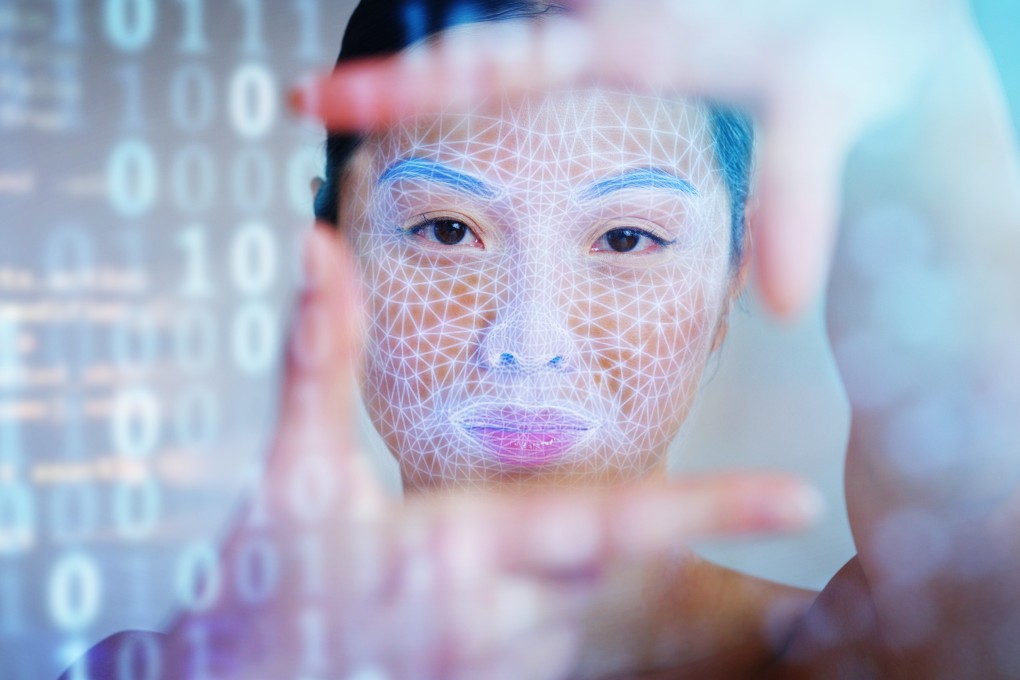Chinese government-run facial recognition system hacked by tax fraudsters: report
- A group of tax scammers hacked a government-run identity verification system to fake tax invoices
- The fake tax invoices from the criminal group were valued at US$76.2 million

That development, however, has made cybersecurity a major issue in the world’s second-largest economy, where a group of tax scammers has been caught hacking a government-run facial recognition system to fake tax invoices and make millions of yuan in the process, according to a report by the Xinhua Daily Telegraph. Invoices issued by the State Taxation Administration are used to track payments and help crack down on tax evasion.
Prosecutors in Shanghai said a criminal group duped that platform’s identity verification system by using manipulated personal information and high-definition photographs, which were bought from an online black market, so its registered shell company can issue fake tax invoices to clients, according to the report published on Tuesday.
The Shanghai People’s Procuratorate in the city’s Hongkou District indicated that the fake tax invoices issued by the criminal group were valued at 500 million yuan (US$76.2 million), the report said. A notice posted on the Shanghai prosecutors’ official WeChat account from January this year said that a duo surnamed Wu and Zhou were prosecuted for the crime. It said the duo had been operating since 2018.

The suspects duped the government-run platform’s facial recognition system by manipulating the illegally obtained high-definition photos with an app to create a video, making it seem like the faces were nodding, shaking, blinking and opening their mouths.
“After obtaining the videos, we used a special mobile phone to hijack its camera,” an unnamed suspect was quoted saying in the report. “During the facial authentication process, the mobile camera would not start and the system would receive the pre-made video. The system accepted that I was in front of the camera, so I passed the certification.”